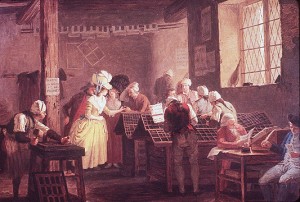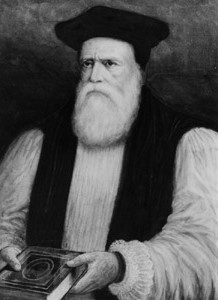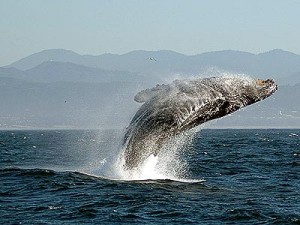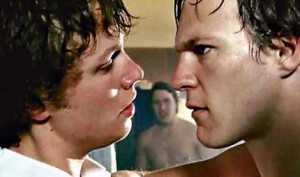In order to keep up with a busy daily schedule of work or social engagements, some people only surrender to sleep when extremely tired. It is part of our culture, ‘nightlife’ being seen as cool, exciting or trendy. Fact: among Americans and Britons, 1 in 3 sleeps no more than 6.5 hours a night. In contrast, others, for many different reasons, would give anything for a good night’s sleep. The saying “No one died through lack of sleep” probably isn’t true.
Occasional insomnia lasting a few days or so is not uncommon, and it is generally related to stress and the ups and downs of life. When insomnia becomes chronic, however, emotional or physical disorders may be involved, and it is important to seek medical help. This discussion does not suffice to self-diagnose.
A new-born sleeps for frequent short periods that total about 18 hours a day. According to sleep experts, although some adults appear to need only three or four hours of sleep a day, others need up to ten hours, eight hours representing a norm. As we get older, our sleep needs may lessen, but old age in itself does not mean poor sleep.
When you do not get enough sleep, you are likely to become more irritable and even depressed.
“Scientists theorize sleep has a restorative function for the brain, and that learning continues during sleep,” said one sleep expert, “at night you consolidate your memories and any learning that happened during the day gets put into place at night. Not having that period of rest actually impairs memory and learning.” Moreover, he says that “when you get enough sleep, it probably serves some function to stabilize your emotions.” Continue reading Sleep and Sleep Disorders





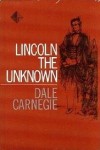 was the president who made a famous speech after Gettysburg and emancipated the slaves. He was hated enough by some, that he was assassinated. Today he is revered as a protector of American democracy, and has a famous memorial in Washington D.C. Carnegie wrote this book after realizing he too, only knew the bare facts. There is so much more..
was the president who made a famous speech after Gettysburg and emancipated the slaves. He was hated enough by some, that he was assassinated. Today he is revered as a protector of American democracy, and has a famous memorial in Washington D.C. Carnegie wrote this book after realizing he too, only knew the bare facts. There is so much more..